Aquaculture equipment manufacturer uses floating pipes instead
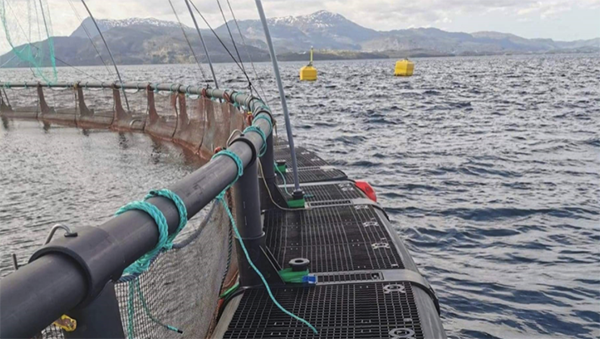
Norwegian aquaculture equipment manufacturer AKVA Group says that its ocean net pen product line is now free of polystyrene, a lightweight plastic foam used in a variety of consumer products and packaging.
“Some time ago, we launched a new flagship pen – the 500R and 500RS series. In addition to its large capacity, this had an innovative solution with waterproof bulkheads as a replacement for the traditional solution with polystyrene in the floating pipes,” said Arnstein Hosaas, R&D director at AKVA Group. “Now we have taken an extra step and will produce all new pens without polystyrene. It is replaced by sectioning the floating pipes in waterproof chambers.”
The pens consist of almost 100 percent HDPE material (high-density polyethene) that the company says is more sustainable.
“The requirement for residual buoyancy in the event of pipe rupture is maintained, in the same way as the old solution with polystyrene. Waterproof chambers can in some cases increase safety in the event of an accident,” Hosaas added.
Removing polystyrene also removes carbon emissions related to transport by car from the manufacturer to the installation site. Hosaas added that a fully loaded semi-trailer normally carries 30 metric tons (MT), but one loaded with polystyrene only weighs about 2.5 MT. Any manual handling of the product is also problematic, he added.
“It is inevitable that pieces of polystyrene are lost in the process when traveling all the way from the manufacturer, via transport to the installation site, intermediate storage at the factory or assembly site, installation of polystyrene in floating pipes and last but not least when disassembling old pens,” he said.
The pens are easy to recycle and reuse or sort the polystyrene separately upon disassembly. AKVA previously developed net-pen walkways in recycled plastic.
“The entire aquaculture industry has a responsibility to make the right and important choices towards a greener future,” he said.
Follow the Advocate on Twitter @GSA_Advocate
Now that you've reached the end of the article ...
… please consider supporting GSA’s mission to advance responsible seafood practices through education, advocacy and third-party assurances. The Advocate aims to document the evolution of responsible seafood practices and share the expansive knowledge of our vast network of contributors.
By becoming a Global Seafood Alliance member, you’re ensuring that all of the pre-competitive work we do through member benefits, resources and events can continue. Individual membership costs just $50 a year.
Not a GSA member? Join us.
Author
-
Responsible Seafood Advocate
[103,114,111,46,100,111,111,102,97,101,115,108,97,98,111,108,103,64,114,111,116,105,100,101]
Tagged With
Related Posts
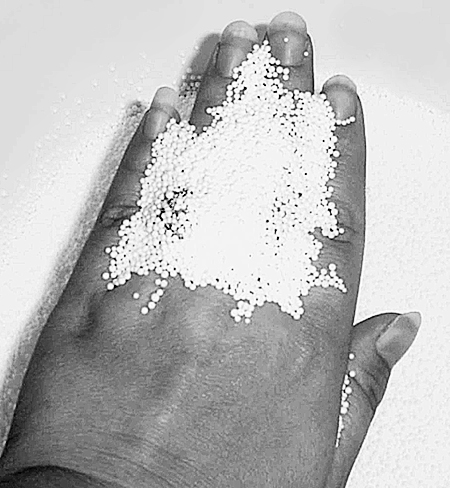
Responsibility
Microbead filters: cost-effective, scalable filtration
Microbead filters are an effective filtration solution that can be scaled to large production systems at a lower cost of operation than fluidized-sand bed filters.
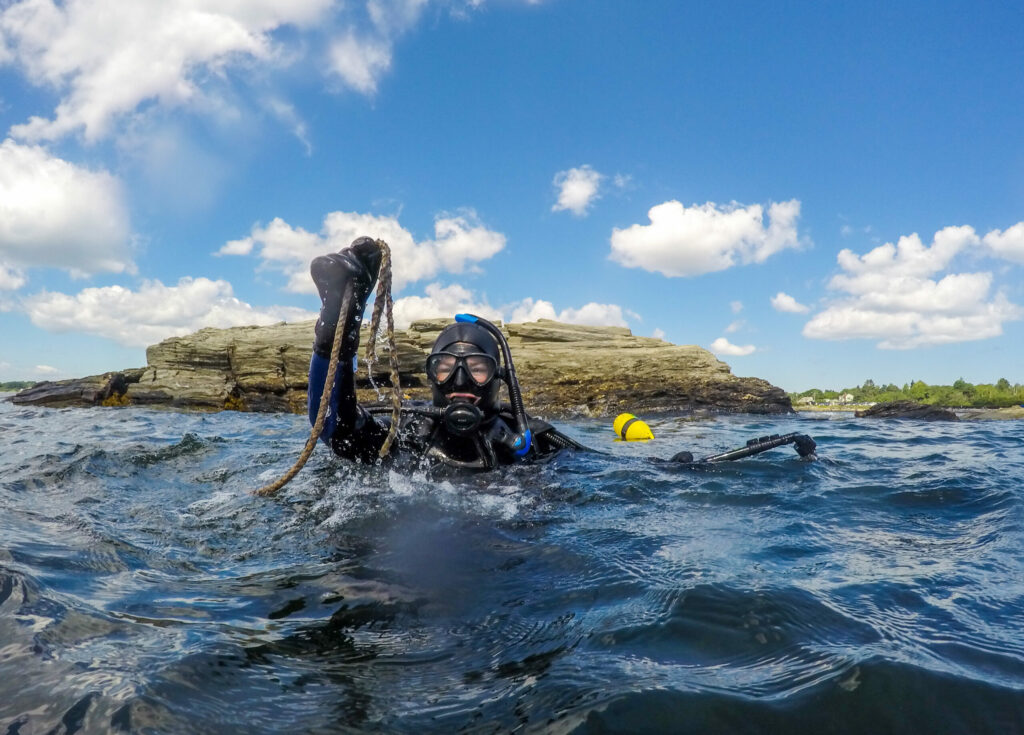
Fisheries
The hidden cost of ghost gear lost by fishing and aquaculture
Abandoned, lost or discarded fishing gear can inflict damage on marine life and the ocean, but what's the economic cost of ghost gear?
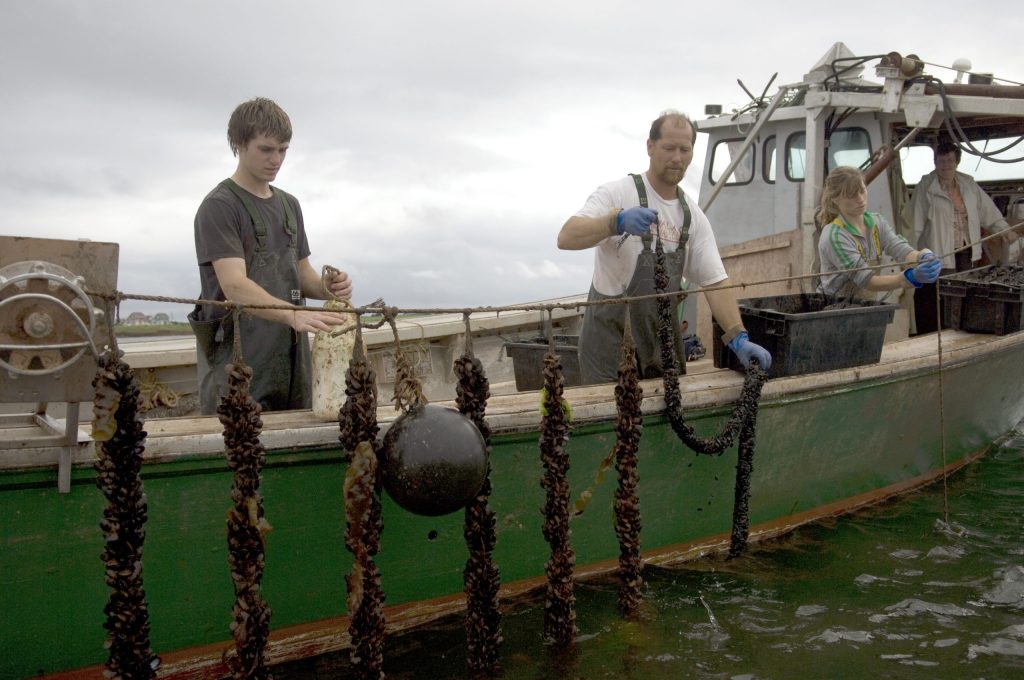
Responsibility
PEI Aquaculture Alliance swaps 87,000 Styrofoam buoys with more sustainable option
Concerned with pollution, the PEI Aquaculture Alliance swaps 87,000 Styrofoam buoys with a more sustainable option to curb shoreline waste.
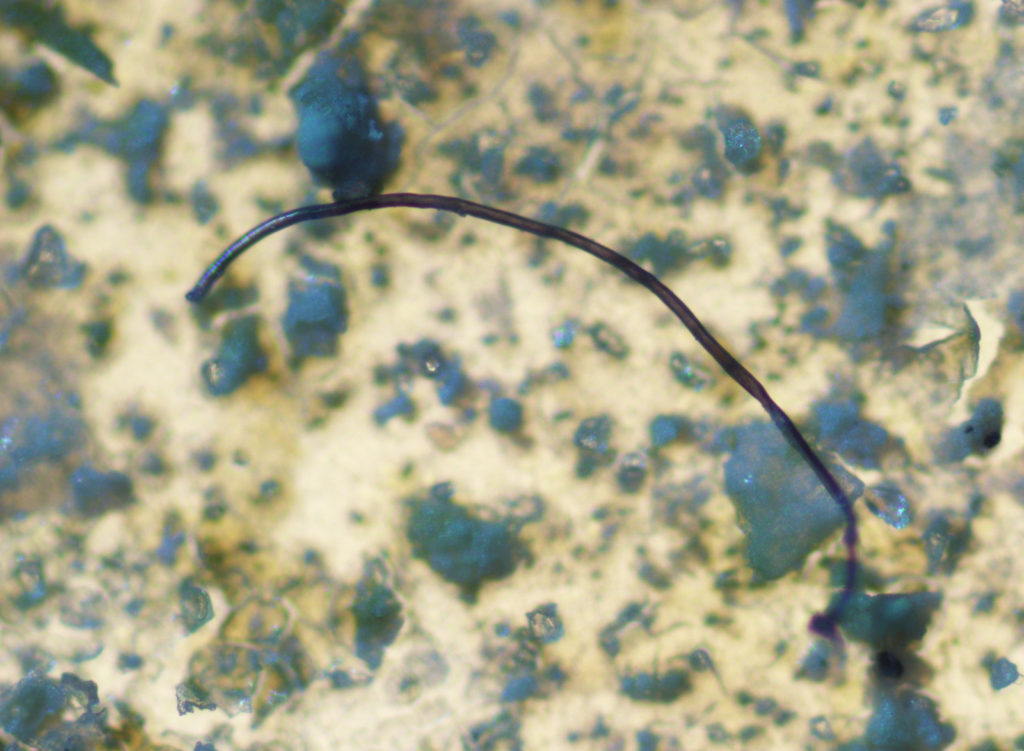
Responsibility
They’re ‘everywhere’: The pervasiveness of microplastics
How has the plastic in aquaculture operations contributed to microplastic pollution? And is plastic pollution contaminating aquaculture products? The Advocate takes a closer look.


